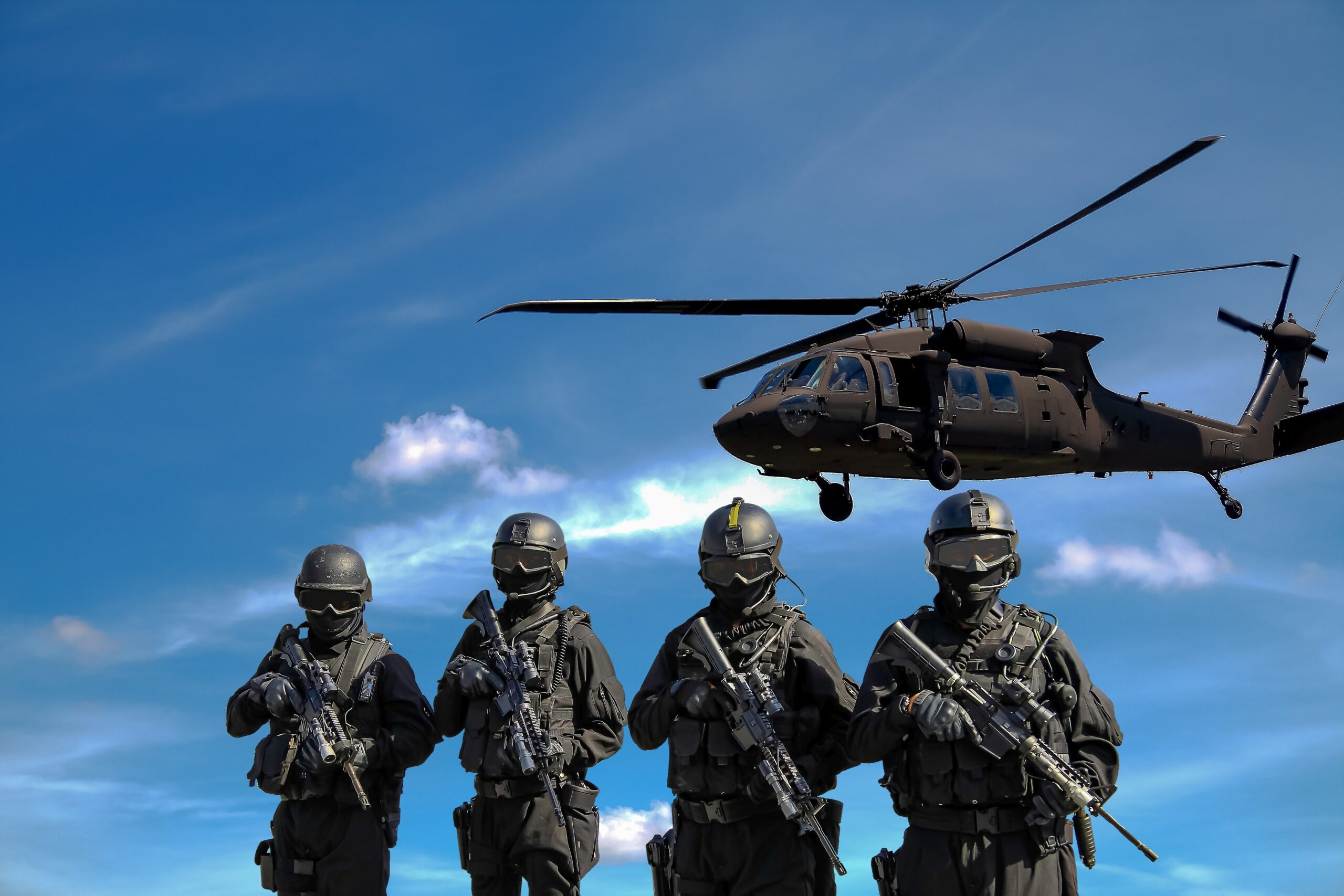![]()
When Russia invaded Ukraine on February 24th of this year, almost everyone expected the conflict to be short-lived. Afterall, on the attacking side was the indomitable Russian Army, the direct descendent of the Red Army that had pushed Hitler’s forces back to Berlin and subsequently terrorized Europe for the remainder of the 20th century. The Russian Army had certainly shown weakness, most notably in Afghanistan prior to the fall of the Soviet Union and in Chechnya after it, but its might remained feared on the European continent nevertheless. It thus came to everyone’s surprise when this powerful army—with all of its tanks and artillery—proved to be utterly incapable of winning on the fields and in the cities of Ukraine. The world witnessed a united Ukrainian spirit rise up among the entire population of the country; a spirit mightier than any armor or bullets the Russians could throw at it. The world began to believe that the war could be won by a ragtag but highly motivated Ukrainian populace.
That fantasy has now come to an end. It is an unfortunate fact of war that conflicts are won based on logistical calculations, not on the extraordinary bravery of the people fighting to defend their homeland. In the early days of the First World War, French generals earnestly believed that the superior morale of their men would drive off the German invaders. The result: tens of thousands died and even more were wounded—all in just a month of combat. The Ukrainians have not been this foolish, but they must come to realize, as the French did, that no matter the courage of their armed forces, they need logistics and good organization.
The primary flaw of the Ukrainian Army is that it cannot solve its logistical and organizational issues because it does not have nearly enough experienced NCOs and officers, since almost the entirety of its professional forces are either deployed on the front lines out of necessity or unable to continue fighting. The heroic tale of civilians volunteering in the thousands to fight is admirable, but these civilians need training in the art of war—something Ukraine cannot provide prior to the people’s baptism of fire on the front lines. If Ukraine hopes to prolong and perhaps even win the war, it must pull some of its veteran units off the front to train new recruits. Should Ukraine not do this, their civilian units will be crushed by the reorganized and trained Russian forces. Victory without training is impossible.
Next, there is the issue of basic logistics, another area in which Ukraine is beginning to fall short. Western audiences believe that as soon as their countries send equipment such as artillery or anti-tank missiles, these pieces of equipment automatically arrive in the hands of Ukrainian front-line troops. The truth is far more complicated, and the reality is that many Ukrainian units barely have food and ammunition, let alone missiles and artillery. As is widely known, poor logistics led to the demise of many Russian units early on in the war, but the tables have begun to turn. It is now the Ukrainians that find themselves lacking basic supplies, severely hindering the ability of these untrained men to fight. A lack of training will make a battle difficult to win; a lack of logistical support, however, will make it unwinnable.
The Ukrainian military continues to enjoy the support of most Western militaries; it must use this support to turn their largely unexperienced force into a professional and well-equipped army. For example, Ukraine should be requesting trucks and rifles instead of artillery pieces because if their men keep getting overrun, artillery is futile. Ukraine should also send some units to train with NATO in Poland so that they may eventually come back and train new conscripts. The bravery of the Ukrainian populace up to this point cannot and must not be understated, but the war will continue and it is time for Ukraine to strive for resistance equal in magnitude to its opponent’s force.











